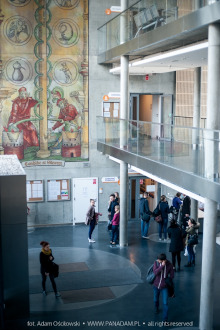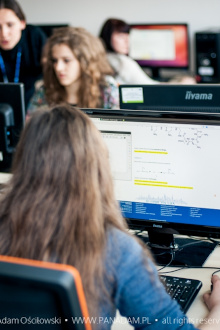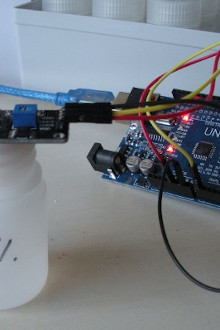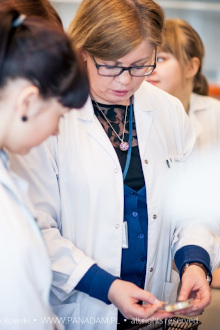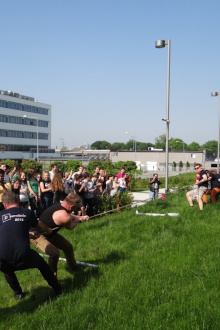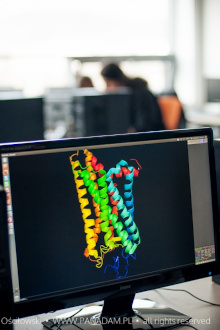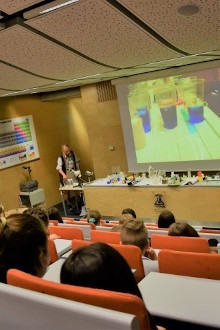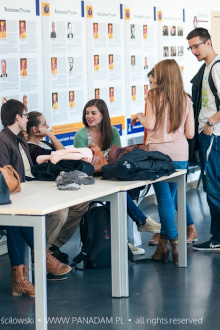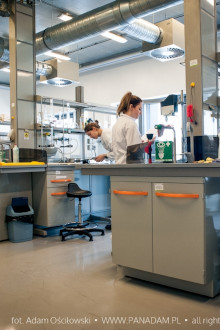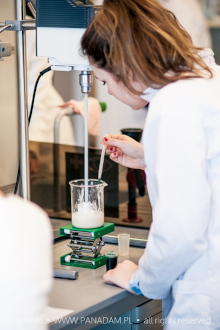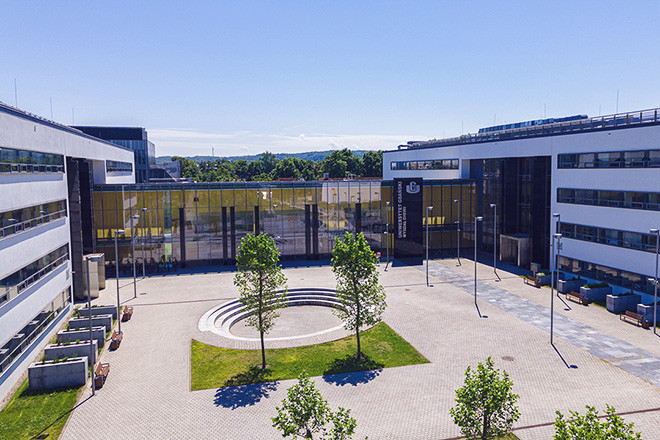
The Faculty of Chemistry
University of Gdańsk
introduces new master's specialization in
"Digital chemistry"
to educate and train new generations of computational and theoretical
chemists.
This two-year program is designed to give the students a solid base in quantum chemistry, molecular dynamics, exploratory data analysis and machine learning algorithms, programming in R and Python at an advanced level.
Study at University of Gdańsk
You are welcome to join our dynamically growing university with 50 year-long tradition, already the largest Higher Education Institution in the Pomeranian region.
Have fun in Gdańsk
Student lifestyle in Gdańsk is always vibrant and entertaining. There's quite a marked academic environment. Read about Erasmus students experiences in Gdańsk.
Get job-ready skills
Break into a new field like machine learning and data science. Kickstart your learning of Python and R.
